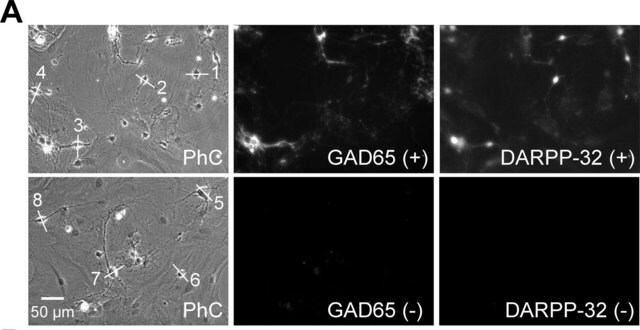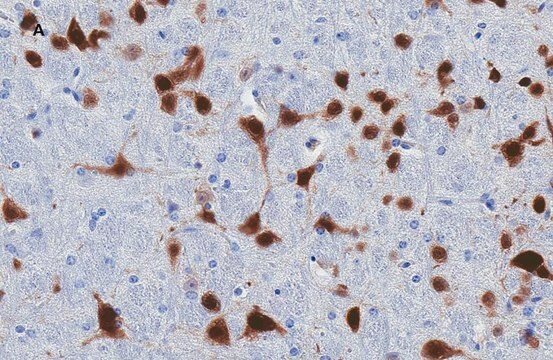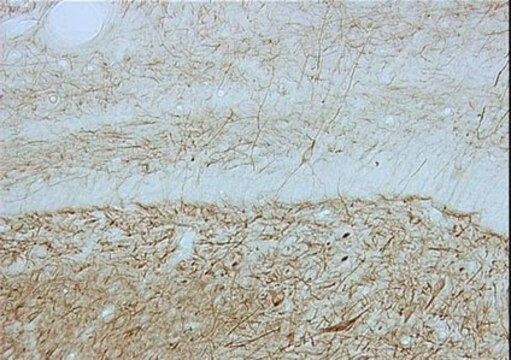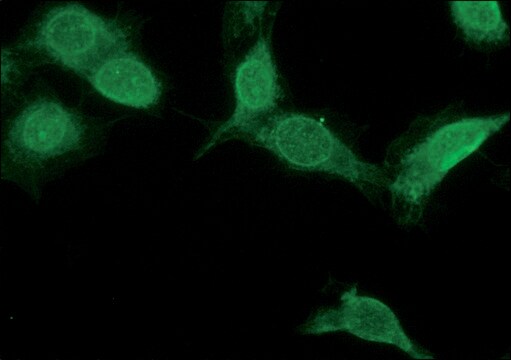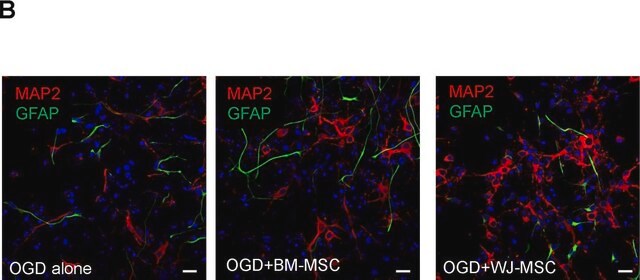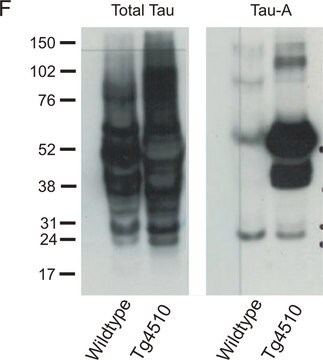ABE1455
Anti-Nurr1 (NR4A2)
from rabbit, purified by affinity chromatography
Sinónimos:
Nuclear receptor subfamily 4 group A member 2, Immediate-early response protein NOT, Orphan nuclear receptor NURR1, Transcriptionally-inducible nuclear receptor
About This Item
Productos recomendados
biological source
rabbit
Quality Level
antibody form
affinity isolated antibody
antibody product type
primary antibodies
clone
polyclonal
purified by
affinity chromatography
species reactivity
human
species reactivity (predicted by homology)
bovine (based on 100% sequence homology), mouse (based on 100% sequence homology), rat (based on 100% sequence homology)
packaging
antibody small pack of 25 μg
technique(s)
immunocytochemistry: suitable
western blot: suitable
NCBI accession no.
UniProt accession no.
target post-translational modification
unmodified
Gene Information
human ... NR4A2(4929)
General description
Specificity
Immunogen
Application
Epigenetics & Nuclear Function
Quality
Western Blotting Analysis: 2 µg/mL of this antibody detected Nurr1 (NR4A2) in THP-1 cell lysate.
Target description
Physical form
Storage and Stability
Other Notes
Disclaimer
¿No encuentra el producto adecuado?
Pruebe nuestro Herramienta de selección de productos.
Certificados de análisis (COA)
Busque Certificados de análisis (COA) introduciendo el número de lote del producto. Los números de lote se encuentran en la etiqueta del producto después de las palabras «Lot» o «Batch»
¿Ya tiene este producto?
Encuentre la documentación para los productos que ha comprado recientemente en la Biblioteca de documentos.
Nuestro equipo de científicos tiene experiencia en todas las áreas de investigación: Ciencias de la vida, Ciencia de los materiales, Síntesis química, Cromatografía, Analítica y muchas otras.
Póngase en contacto con el Servicio técnico